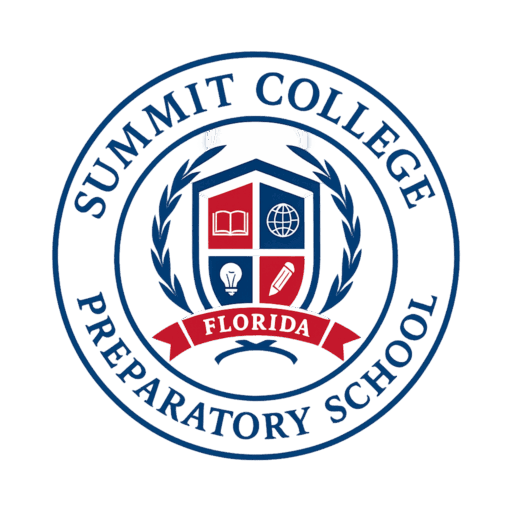Grade 12 – Environmental Science (Standard)
Course Overview
Environmental Science Standard is a one-year interdisciplinary course that explores ecological principles, human impact on the environment, resource management, and sustainable practices. The course blends scientific concepts with social, political, and economic dimensions to help students become environmentally literate citizens.
Students will analyze real-world environmental problems, evaluate scientific data, and consider ethical implications of human actions. The course emphasizes inquiry, experimentation, and solution-based learning across topics such as biodiversity, pollution, energy use, climate change, and environmental policy.
Learning Outcomes by Quarter
- Quarter 1: Introduction to ecosystems, biogeochemical cycles, and population dynamics.
- Quarter 2: Natural resource use, land and water management, and agriculture.
- Quarter 3: Air, water, and soil pollution; waste management; and environmental health.
- Quarter 4: Climate change, sustainability, and environmental policy and solutions.
Instructional Methods
Instructional strategies include laboratory investigations, field study projects, case studies, and group debates. Students analyze graphs, conduct simulations, evaluate data, and present evidence-based recommendations. Multimedia tools and current events are integrated into weekly learning activities.
Assessment and Grading
| Category | Weight |
|---|---|
| Lab Reports & Projects | 40% |
| Quizzes & Exams | 25% |
| Homework & Research Tasks | 20% |
| Participation & Discussion | 10% |
| Reflections & Journals | 5% |
Anchor Topics Justification
- Ecology: Foundation for understanding life systems and interdependence.
- Pollution: Explores major environmental threats and scientific analysis.
- Energy: Examines renewable and nonrenewable sources and global implications.
- Climate Change: Addresses urgent challenges and scientific consensus.
- Policy & Solutions: Promotes active citizenship and sustainability planning.
Academic Vocabulary Matrix
| Category | Key Terms | Contextual Application |
|---|---|---|
| Ecology | Biosphere, Niche, Succession | Used in modeling and ecosystem diagrams |
| Resources | Fossil Fuels, Renewable, Conservation | Applied in energy case studies |
| Pollution | Bioaccumulation, Smog, Eutrophication | Analyzed in lab reports and debates |
| Climate | Carbon Cycle, Greenhouse Effect | Discussed in research essays and media |
